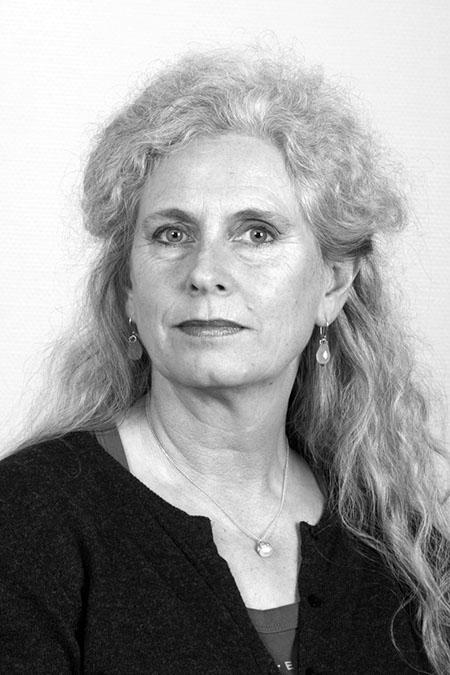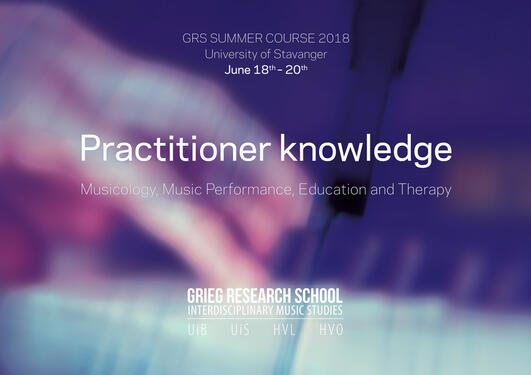Tiri Bergesen Schei
Phronesis and music education
Hovedinnhold
How does the music teacher know what to say to Jean, 17, who cries during the song lesson? How does a choir director inspire optimism and joy in a choir struggling with a difficult piece? How does an academic supervisor stimulate confidence and effort in a candidate who lacks self-confidence?
Emotional and relational barriers often prevent learners and performers from manifesting their competencies and potentials. It is the task of the music educator to find ways to support learning and liberate creative potential in performers. But educational theory, research knowledge and teaching traditions can never take a teacher, a coach or a performer all the way, can never provide a prefabricated solution to the individual learners’ particular problem. Aristotle’s concept of phronesis, usually translated as practical wisdom, denotes a kind of knowledge that, after many years of experience, allows a teacher, coach or performer to sense what may be suitable goals and devise the means to fulfil them, in praxis situations, characterized by social interaction. Aristotle termed phronesis an “intellectual virtue”, the development of which depends on experience and individual character development. A virtue can be defined as an acquired disposition to do what is good. A phronimos is a virtuous person, characterized by perceptivity, flexibility and creativity manifested in concrete action. Aristotle’s insights are reflected in Kierkegaard’s observations on what it takes to be a helper: In order to help someone effectively, one must understand what he understands, in the way he understands it. If not, one’s own understanding, however correct, scientific and wonderful, will be of no help. These philosophers are exploring the core of what it means to be a teacher. In my presentation, I will involve a third philosophical voice, that of Michel Foucault, who pointed out that in order to develop the ability to do what is good, a person needs to take “ethical care of the self”.
Key Questions
- Identify experiences from your own professional practice similar to the three examples in the abstract. In what consist the challenges of these situations?
- How do you solve such problems, and how have your solution strategies evolved with experience?
Recommended Reading
Kemmis, S. (2012). Phronesis, experience, and the primacy of praxis. Phronesis as professional knowledge (pp. 147-161): Springer.
Regelski, T. A. (2009). The ethics of music teaching as profession and praxis. Visions of Research in Music Education, 13, 1-34.
Biography
Tiri Bergesen Schei is Professor (Dr. Art.) in Music Education at Western Norway University of Applied Sciences (HVL), Centre for Arts, Culture and Communication. Schei coordinates the master’s program in music education. She is currently responsible for the research education course Theory of Science, Ethics and Academic Text Work in the PhD-program Bildung and pedagogical Practices at HVL. Core fields of interest are topics related to identity formation and vocal expression, the relationship between the audible body and the phenomenology of being heard. Schei chairs the research group Voice InFormation. She also does research in kindergarten education.
Recent publications: Schei, T. B. & E. E. Ødegaard (2017) Stories of Style. Exploring Teachers’ Self-staging with Musical Artefacts. In Garvis, S. & N. Pramling (Eds.) Exploring Lived Experiences: Narratives and Early Childhood, pp- 59-69. London: Routledge Research in Early Childhood. Schei, T. B & A. L. Duus (2016) Modig som Mitwa – kunstnerisk utfoldelse med barnehagebarn. Bergen, Fagbokforlaget.

